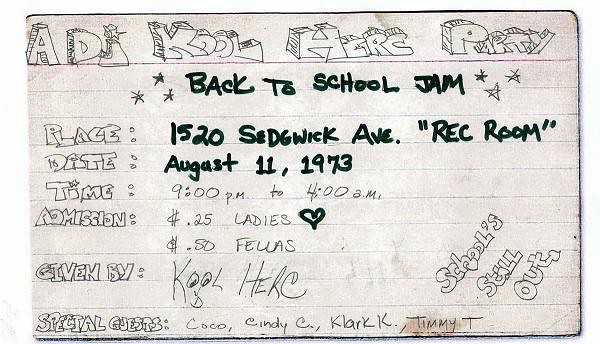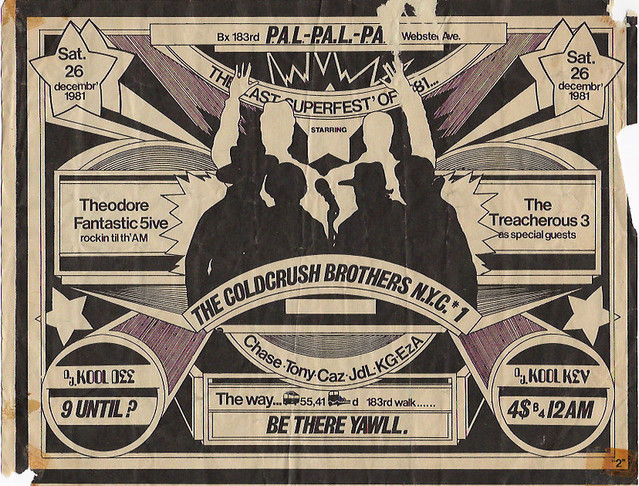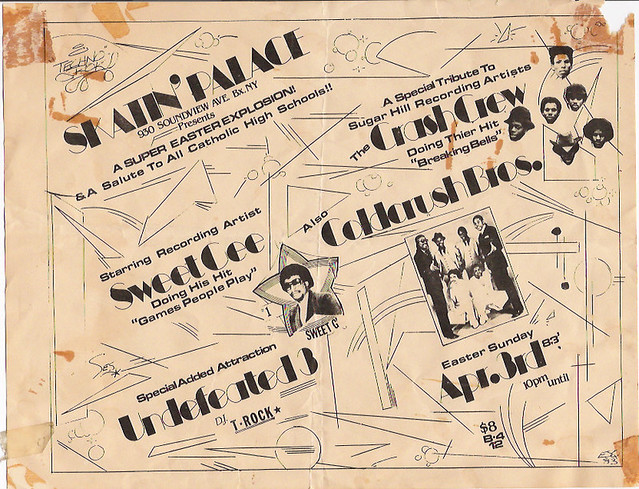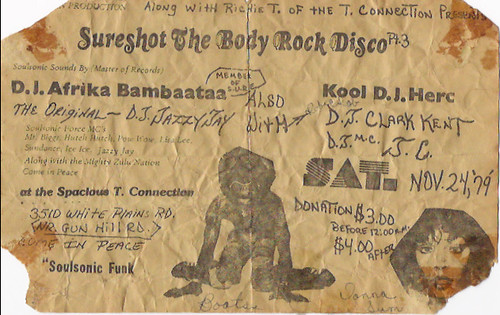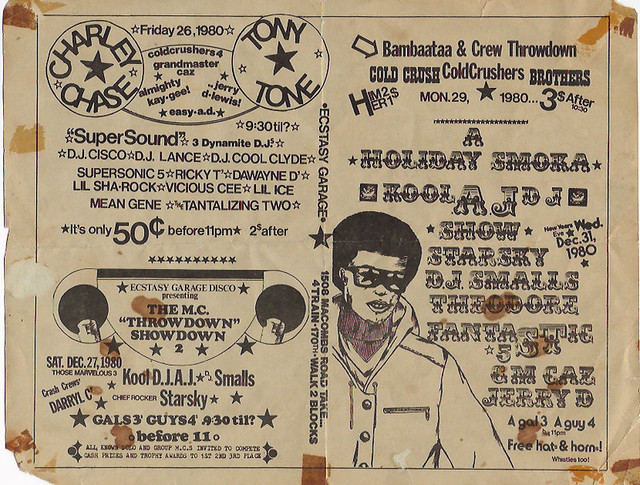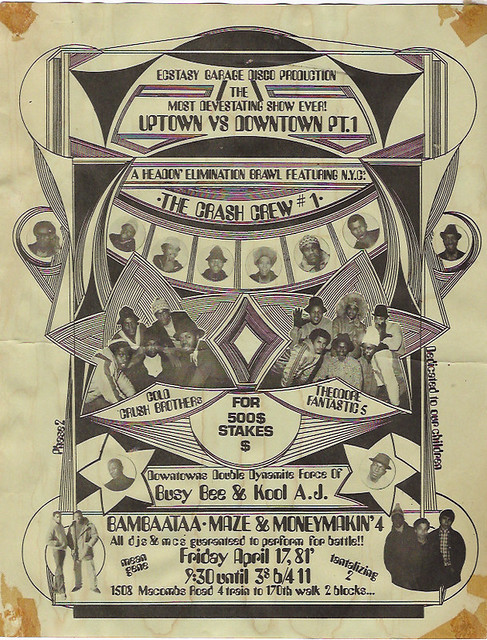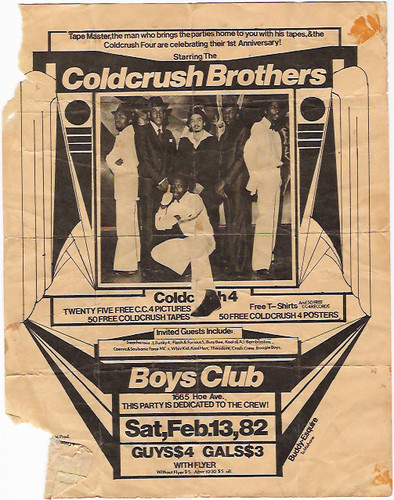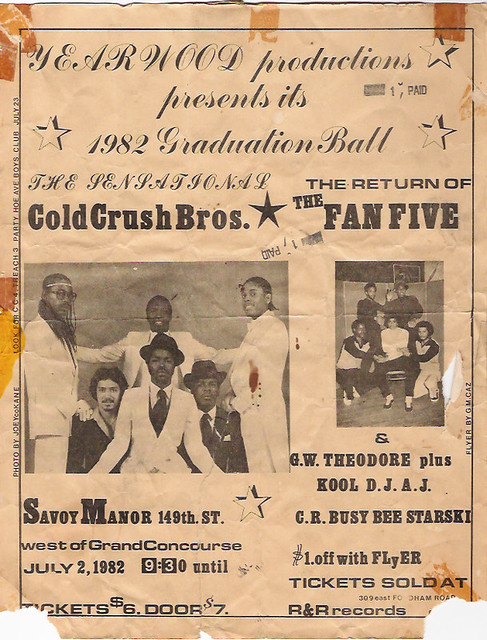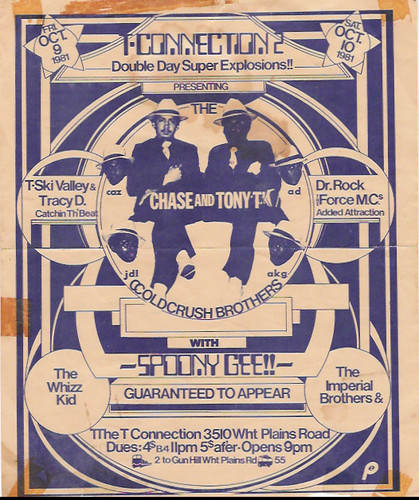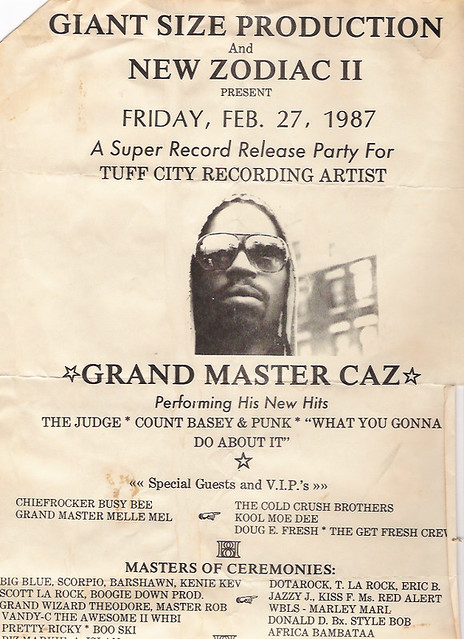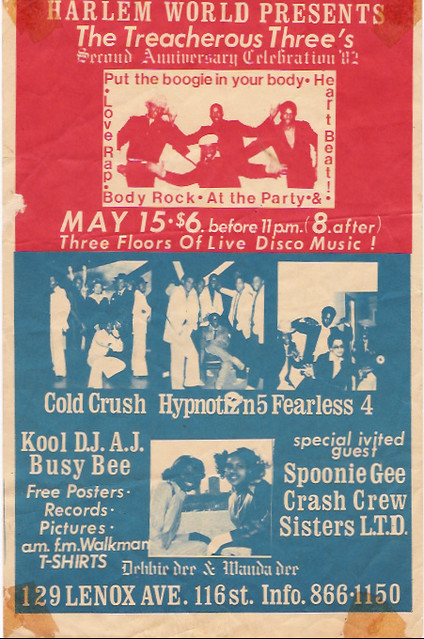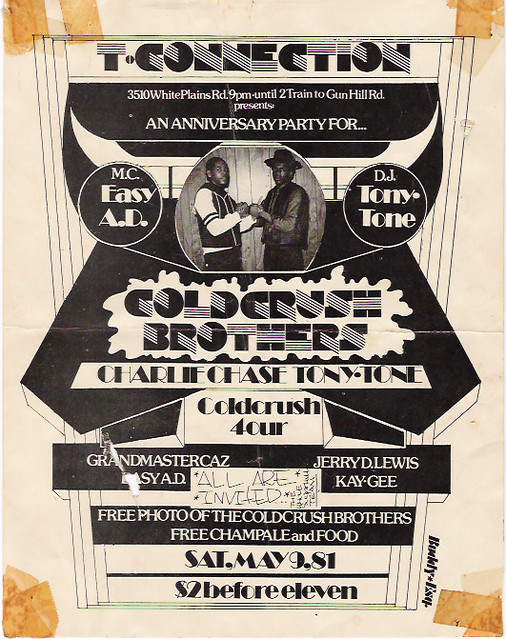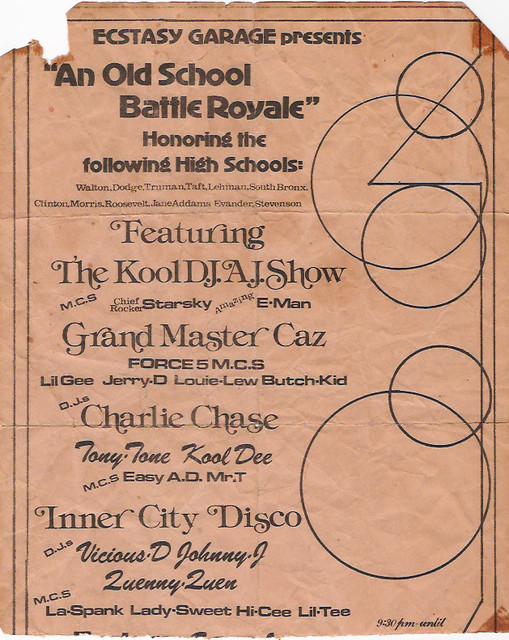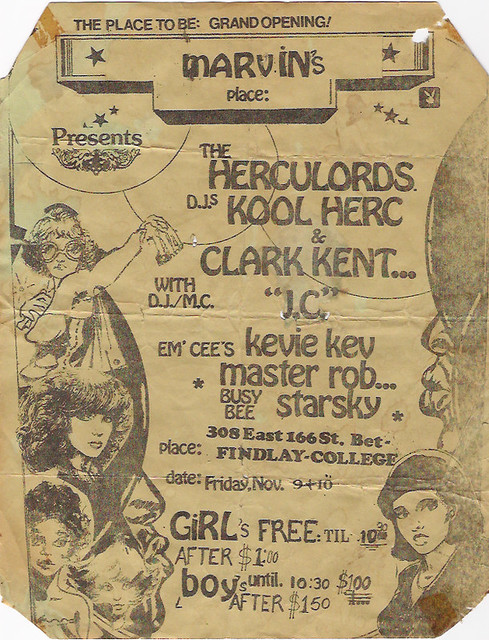New York: 1520 Sedgwick Avenue – Birthplace of Hip-Hop
As with a lot of new trends the beginning of hip-hop as we know it was more than likely an evolutionary journey rather than just one single event. It seems that in New York in the early 1970s a number of people were experimenting with little-known funk records (as opposed to better-known chart music) they had found for the first time and playing them out at small independently organised parties. However, whilst there were a number of guys all heading in a similar direction at the time, it seems that one specific date, one specific party and most importantly one specific location has been identified by no-less than the New York State Office of Parks, Recreation and Historic Preservation as the official birthplace of hip-hop. Here we take a look at the party, the location and the making of musical history.
On the night of August 11th 1973 Clive Campbell, the man who was going to become universally known as DJ Kool Herc, deejayed at his sister’s back-to-school party at the recreation centre in 1520 Sedgwick Avenue, New York. As a regular local DJ he’d noticed that dancers preferred the drum breaks to the vocals or guitar sections on records, what he called the ‘get-down part’ and Kool Herc had been practicing a new technique for a number of months where he would use two decks and a mixer to play ‘the frantic grooves at the beginning or in the middle of a song’ using two copies of the same record and switching between them utilising what we now know as the break. At the same party Kool Herc’s friend Coke La Rock, although hidden from view so nobody knew who was doing it, used a microphone to give shout-outs to friends using brief improvised rhymes and started the style that is now known as rapping. At the same party amongst others (so rumour has it) were Grandmaster Flash, KRS One, Afrika Bambaataa and Red Alert.
Kool Herc, not originally a native New Yorker, was born in Kingston, Jamaica. His parents emigrated to the Bronx in 1967 but during his first eleven years in Kingston he was greatly influenced by the ever-present sound systems that played at the Kingston dance halls; in-particular the DJs who sing (or ‘toast’) over an instrumental backing track. (These tracks were commonly found on the B-side of popular 45s released at the time with the vocal track found on the A-side.) Jamaican ‘deejays’ or ‘selectors’ as they are also known are more likely to be found singing than simply playing records and the improvised nature of their ‘toasts’ can be seen in the work of the early rappers.
From this foundation the very roots of hip-hop (called disco-rap in the early days) were established and following on from the night of August 11th Kool Herc went on to host regular parties at 1520 Sedgwick Avenue and other locations – many of the guests that turned up for the first one (or at least who said they did) became regulars and started spreading the word. These regulars went on to become the founding fathers of hip-hop and many made their careers and fortunes on the back of what Kool Herc had started. Staying true to his roots though he became a regular DJ in and around the Bronx with his collective known as the Herculoids and his legendary and incredibly loud sound system the Herculords. Kool Herc became something of a folk hero due to the reputation of his parties, his DJ name and his sheer presence (he was nicknamed Hercules on the basketball court because of his size and power after the cartoon character The Mighty Hercules hence the name Kool Herc).
Whilst those who had been there in the early days went on to garner worldwide success, sad to say Herc wasn’t so fortunate or lucky depending on which way you view it and went through some hard times in the late seventies and 1980s. In 1977 Kool Herc was badly stabbed at one of his parties while trying to stop a fight and this combined with one of his venues burning down and later losing his father caused him to slip into an addiction to crack-cocaine and he backed-off from the nascent hip-hop scene and went to work in a record shop. It also happened that in 1977 following the New York Blackout a whole new raft of electronic DJ equipment and records became available on the streets (not entirely legally) and new DJs appeared overnight. Just as Kool Herc was moving away from the limelight a new set of DJs popped-up to fill the void he’d created. Occasional invites caused him to come out of his self-imposed retirement including an appearance as himself in the 1984 film Beat Street but the rest of the decade saw him lie-low while the scene he had almost single-handedly created grew into a monster. The 1990s saw him maintain an equally low-profile and it wasn’t until 2005 when he wrote the foreword to ‘Can’t Stop, Won’t Stop’, Jeff Chang’s book on the history of hip-hop, that DJ Kool Herc seemed to gather some momentum again. The following year saw him campaign successfully to get hip-hop commemorated at the Smithsonian Institution museums and in 2007 he became heavily involved with the efforts to stop 1520 Sedgwick Avenue being sold to developers who intended to make the most of the gentrification of the local area and remove its status as an affordable housing development. Such was the success of this campaign that not only did the campaign succeed in keeping the apartment block out of the developers’ hands they also managed to get it declared and listed as ‘the birthplace of hip-hop’.
Since then DJ Kool Herc has not been in the best of health and fell ill in early 2011. With no medical insurance he was struggling to get treatment until a campaign website started by his family to receive donations made sure he had sufficient funds. Since his successful treatment Kool Herc has been inspired to continue his campaigning this time setting-up the DJ Kool Herc Fund to establish a more equal and fair healthcare system. To quote the great man himself: “We fought for 1520 Sedgwick to get landmark status, and in 2007 New York State officially recognized it as ‘The Birthplace of Hip-Hop’. Now we are fighting for health care, not just for me, but for everyone. I see this situation as another quest for me to shine light on another sensitive issue for the community.” – DJ Kool Herc
Related posts:
« On Campus – University of Nebraska Omaha Groove Is In The Art – 1960s and 1970s Clip Art »


